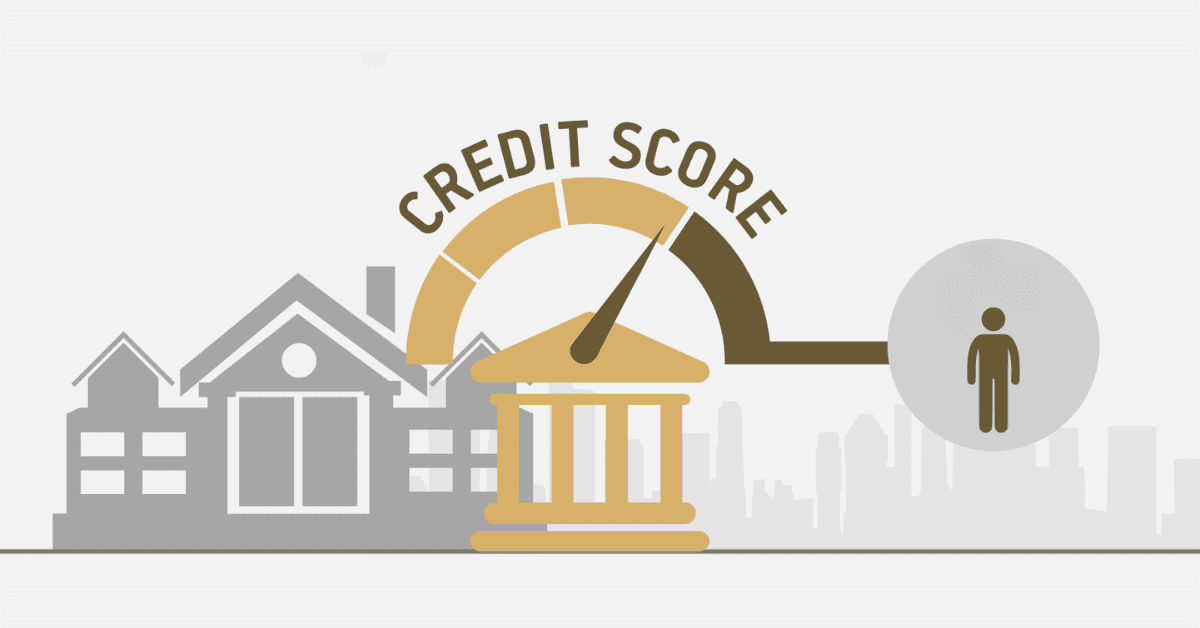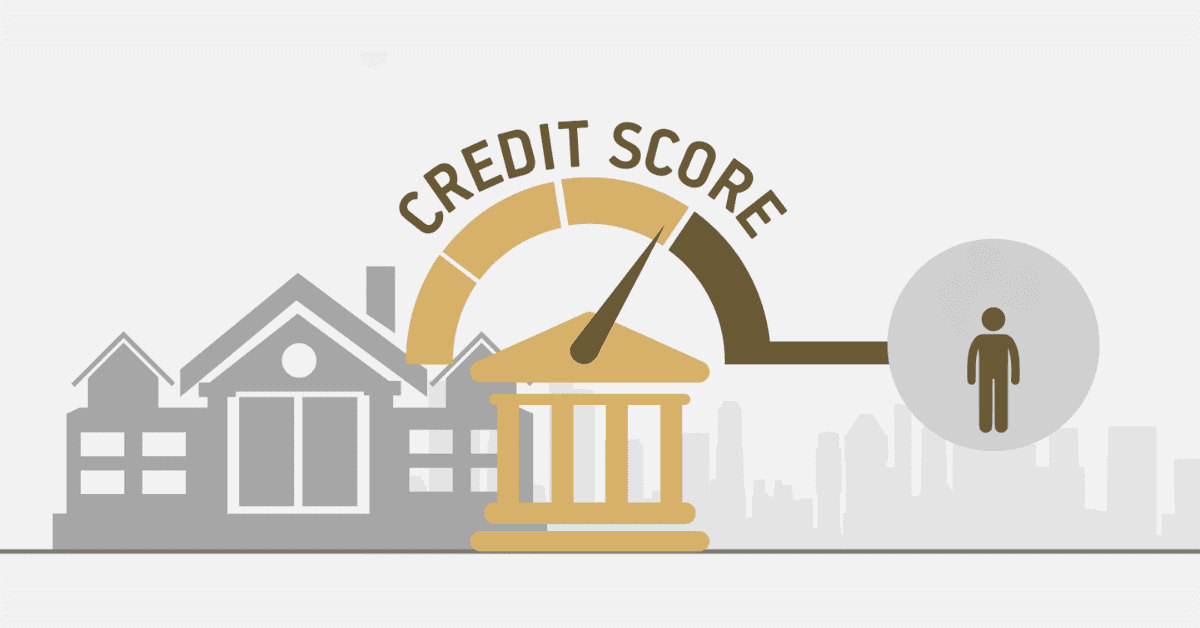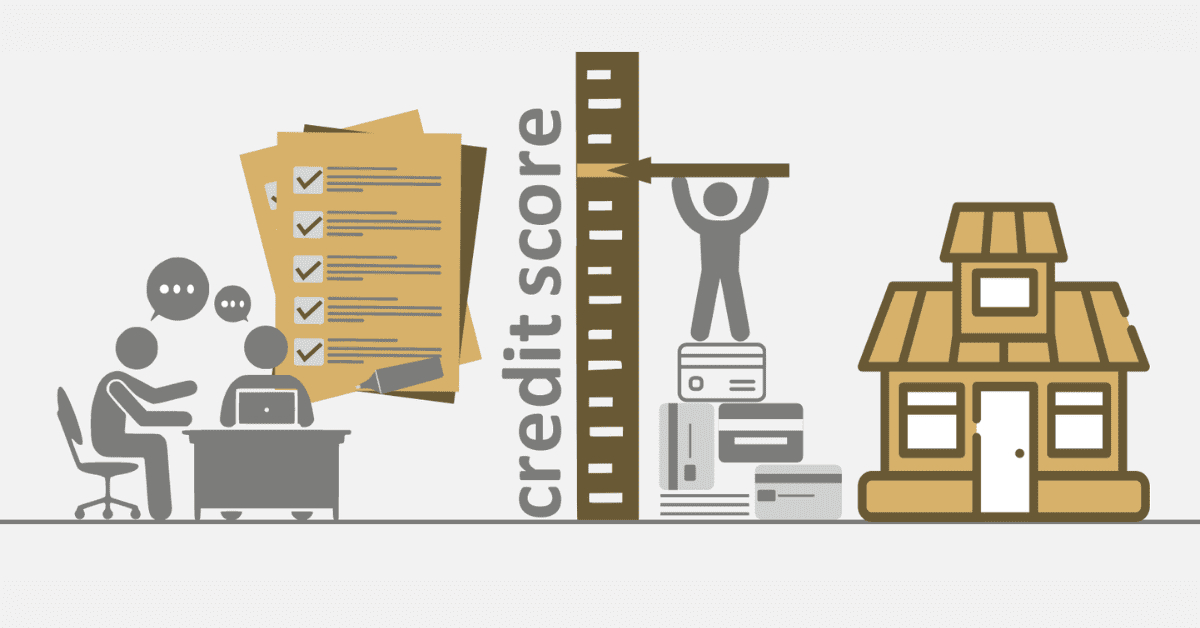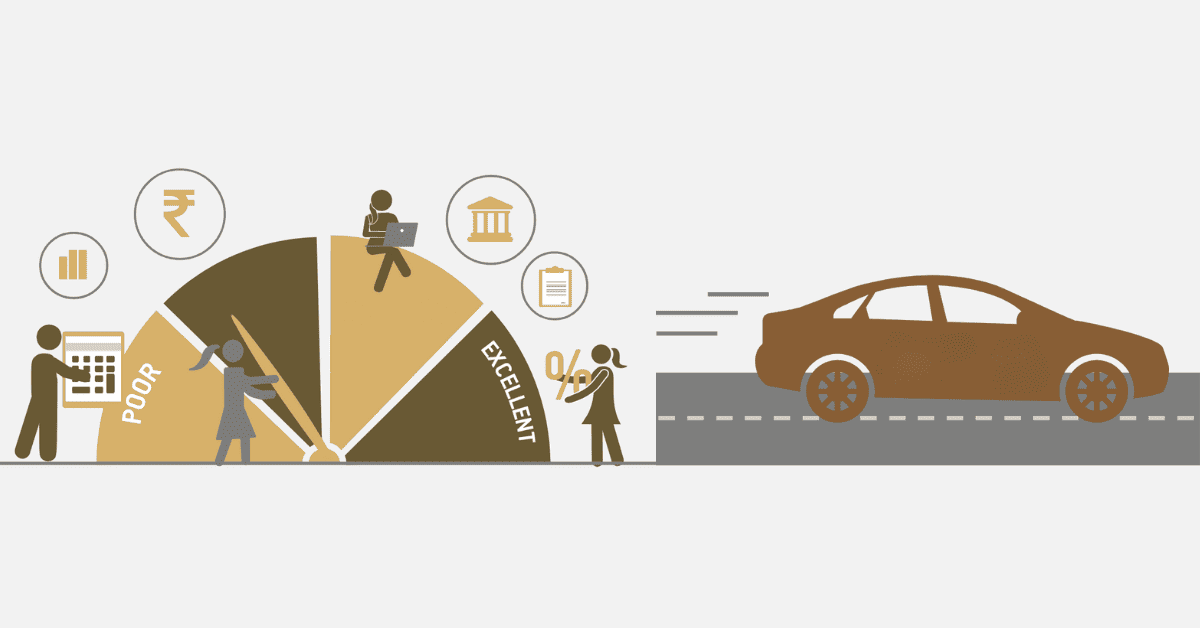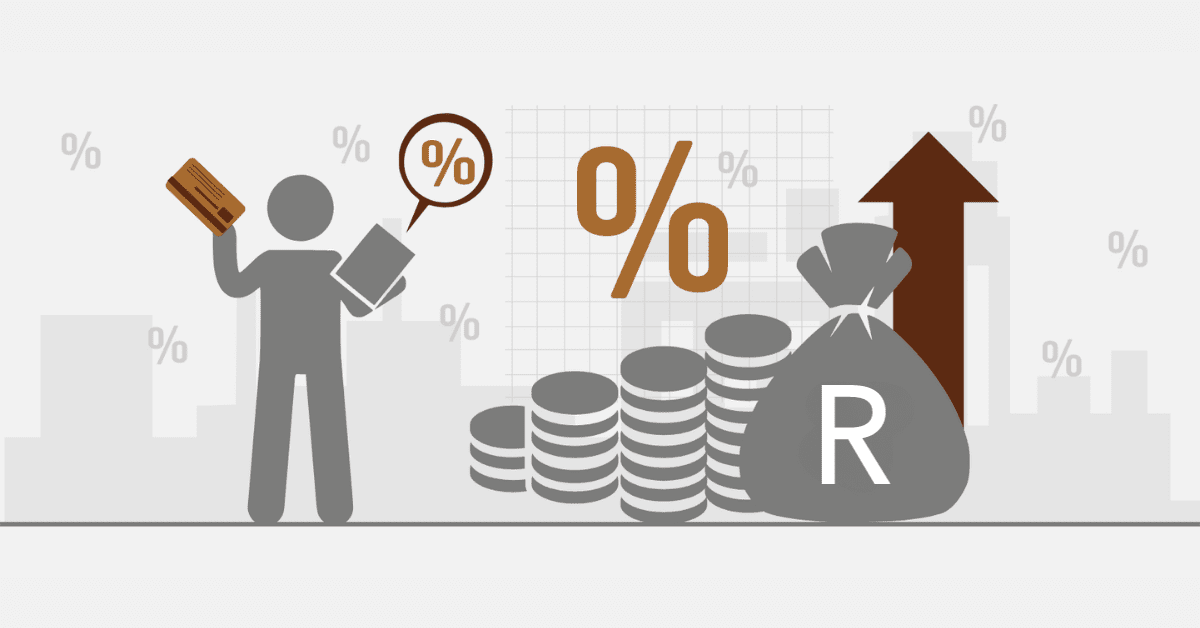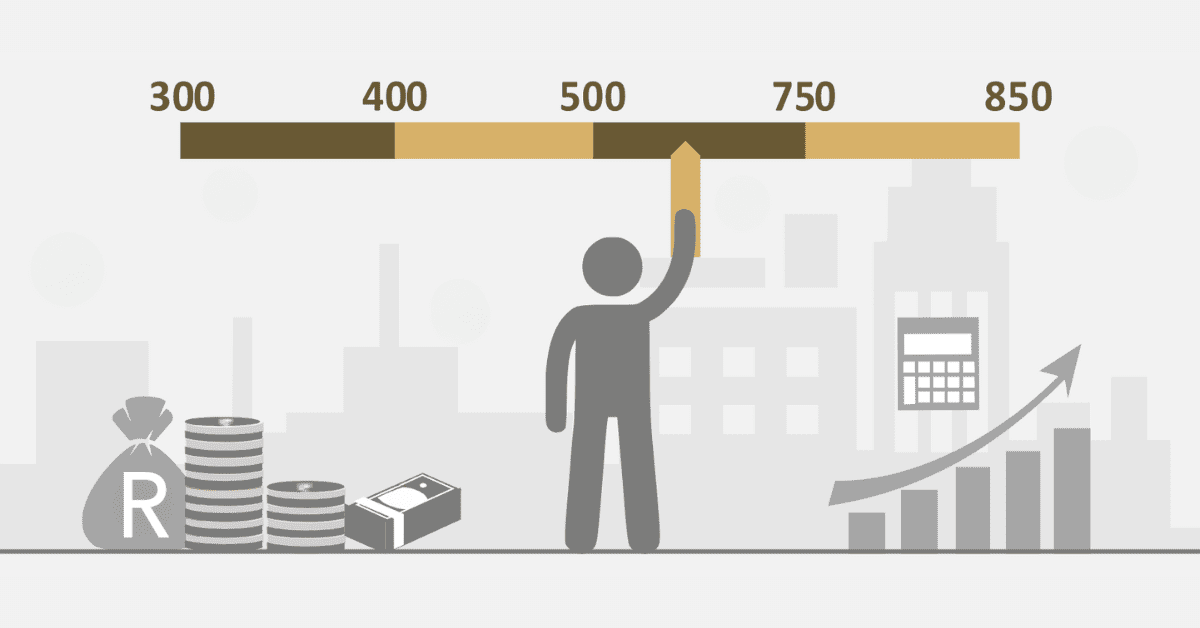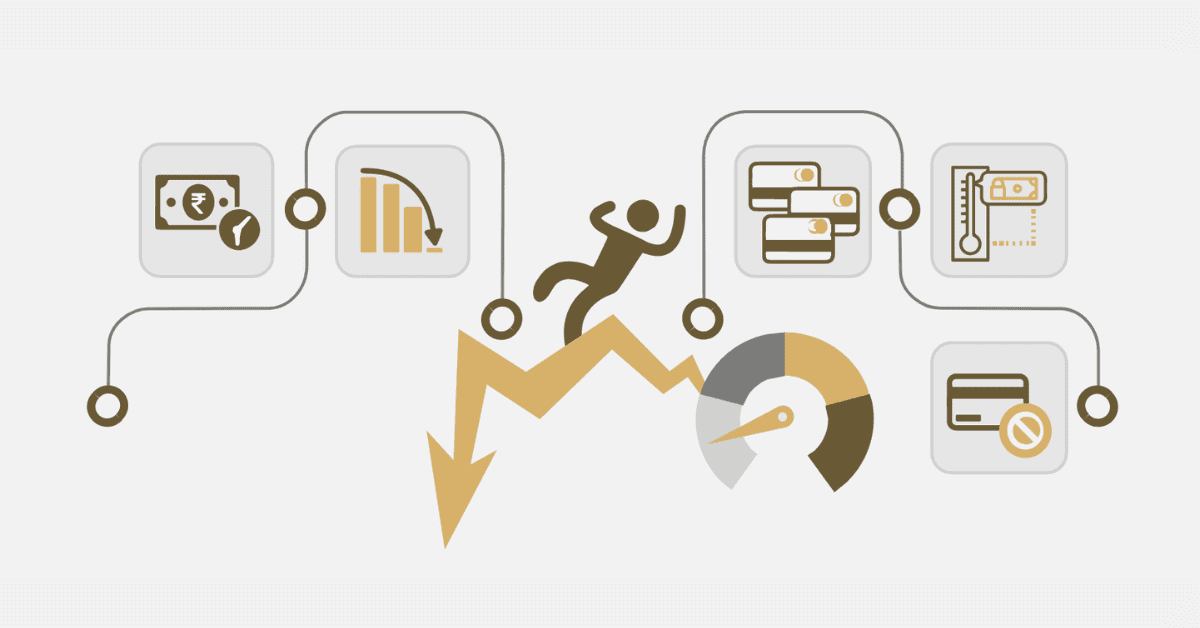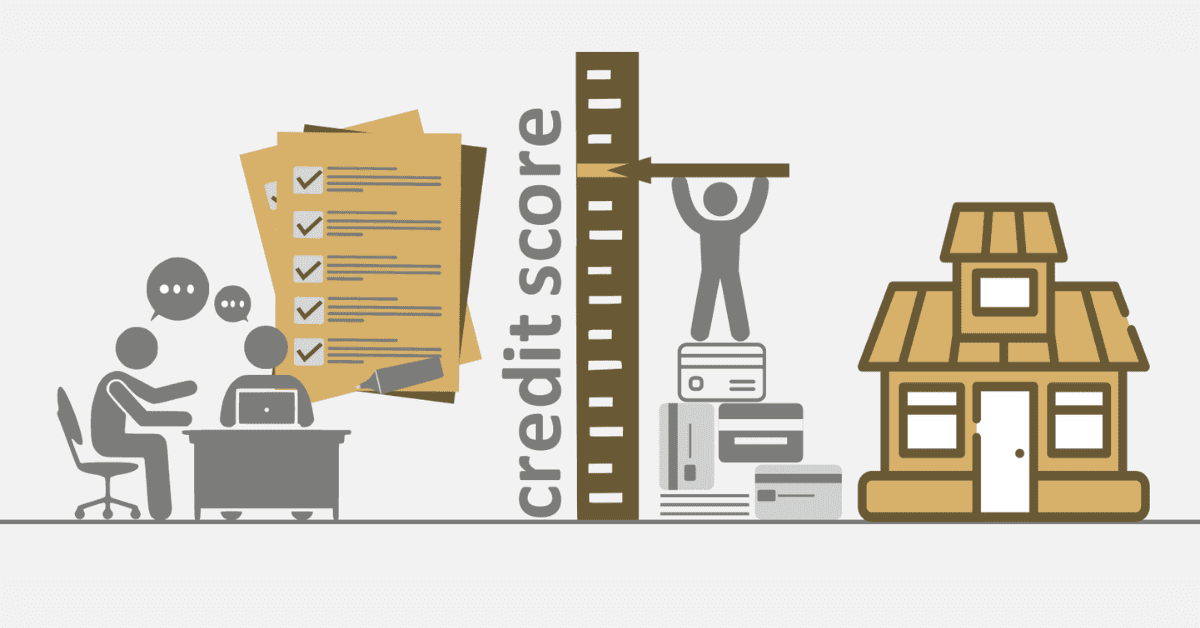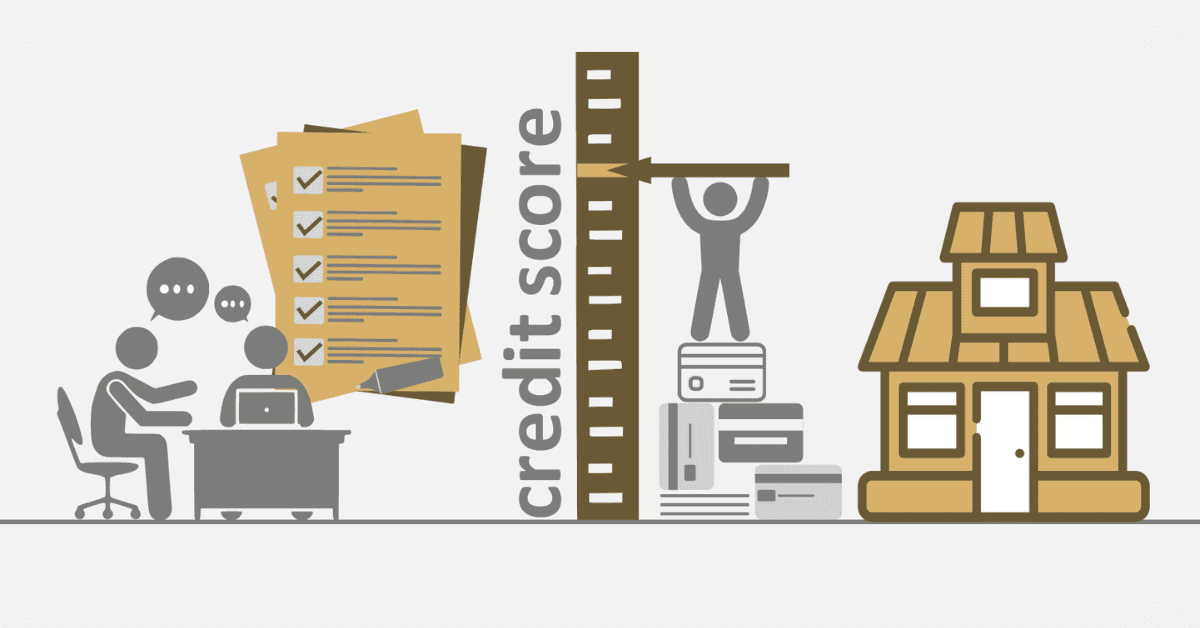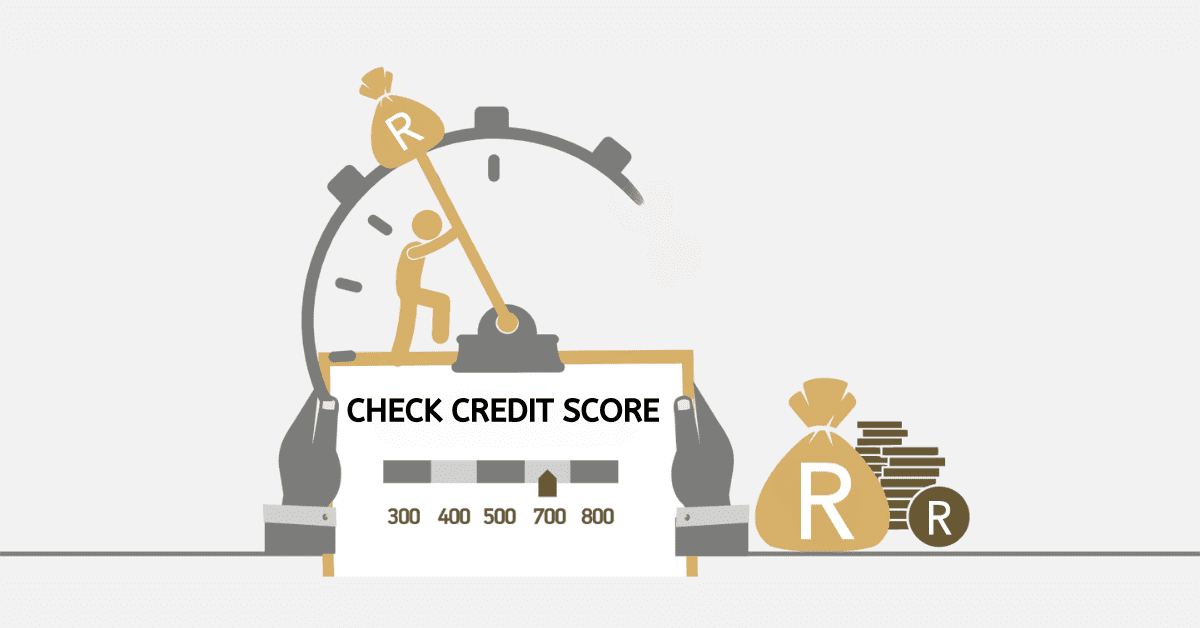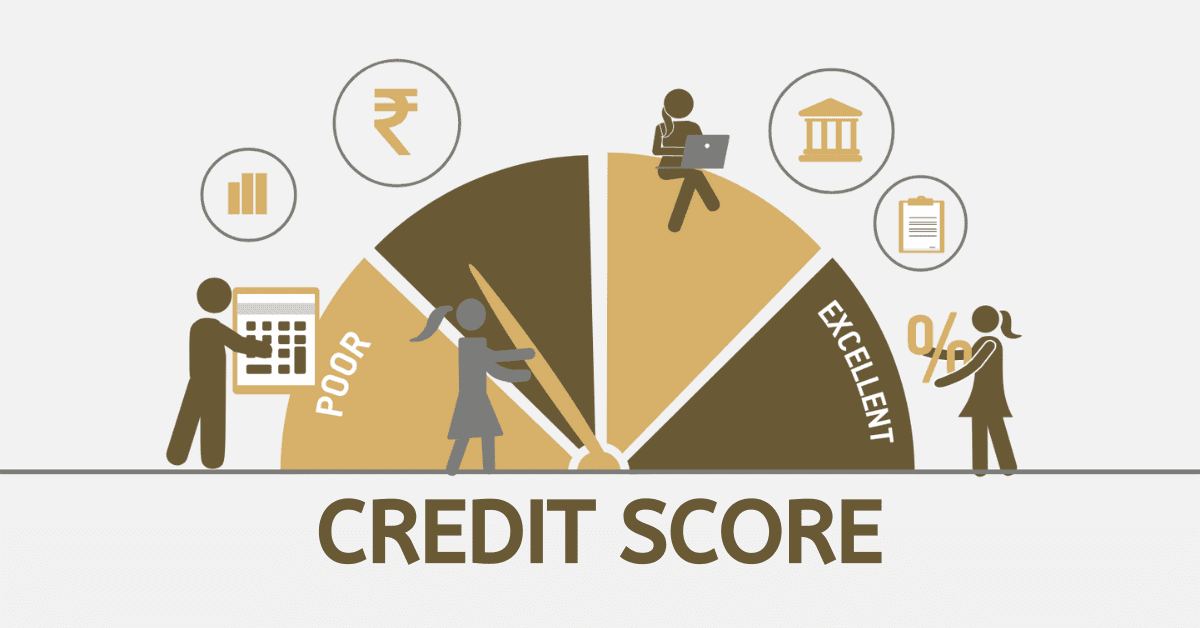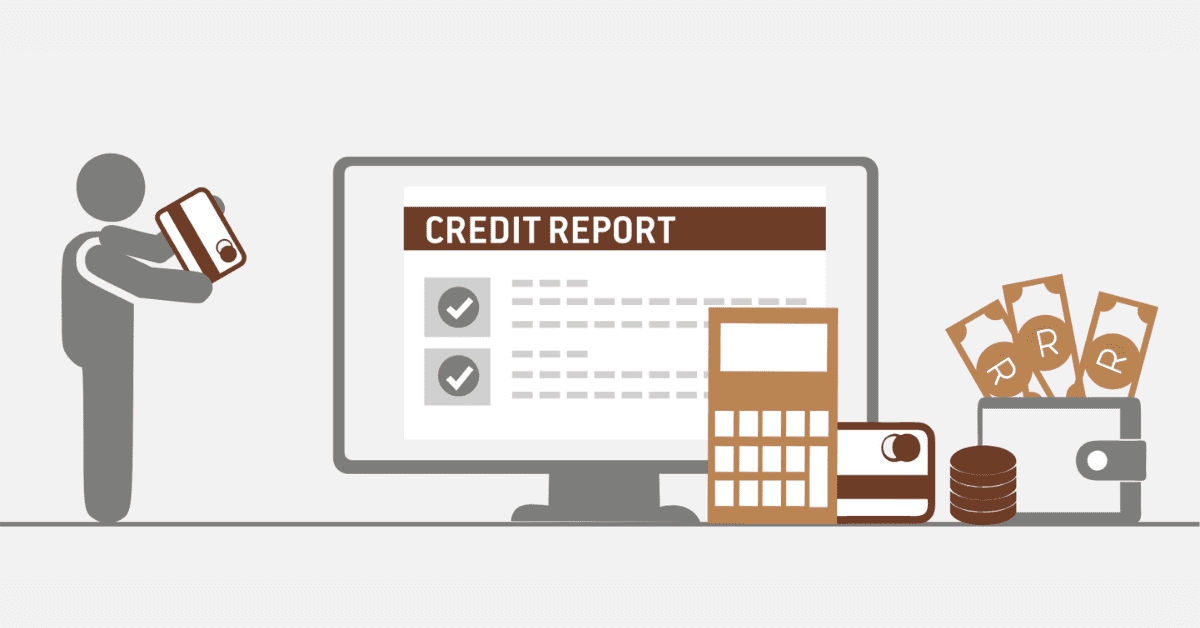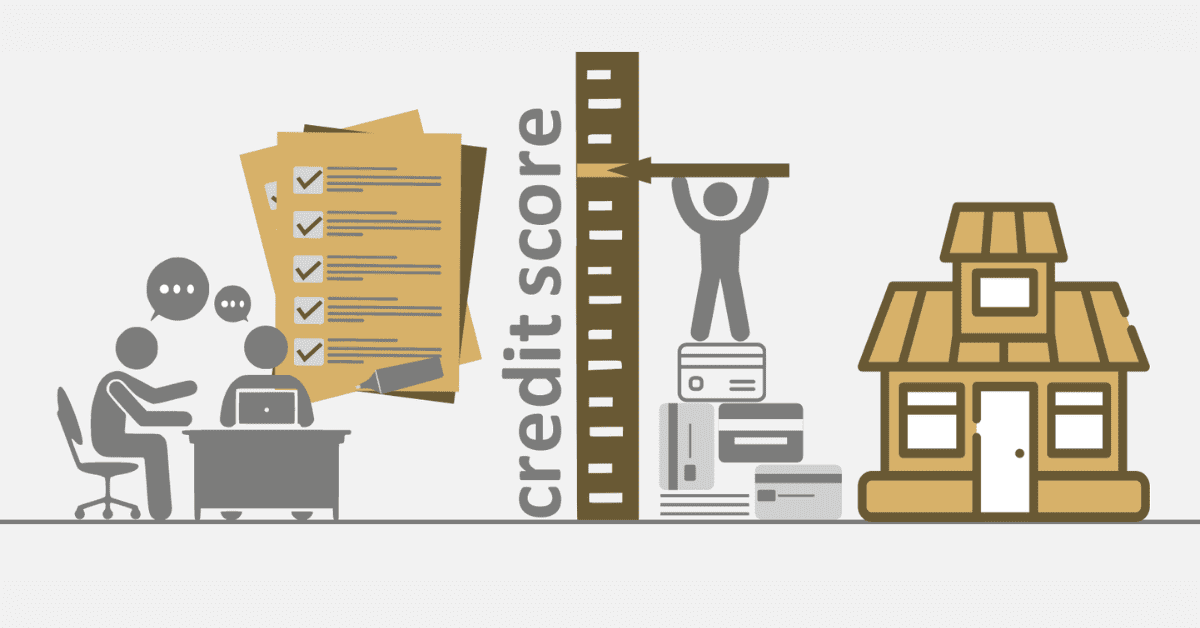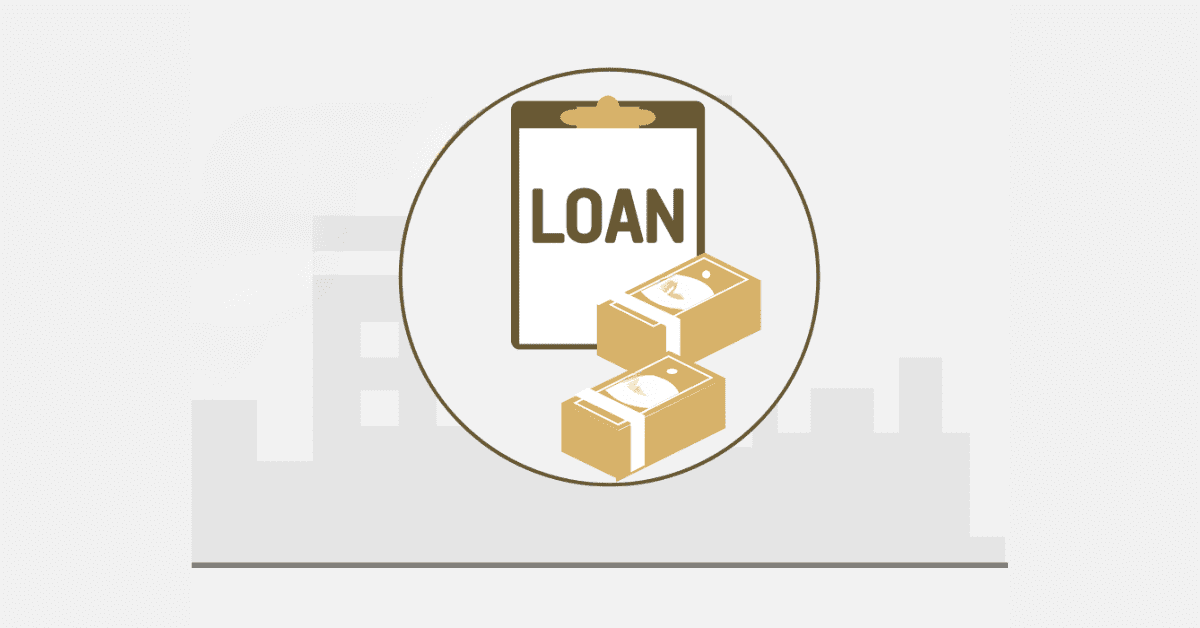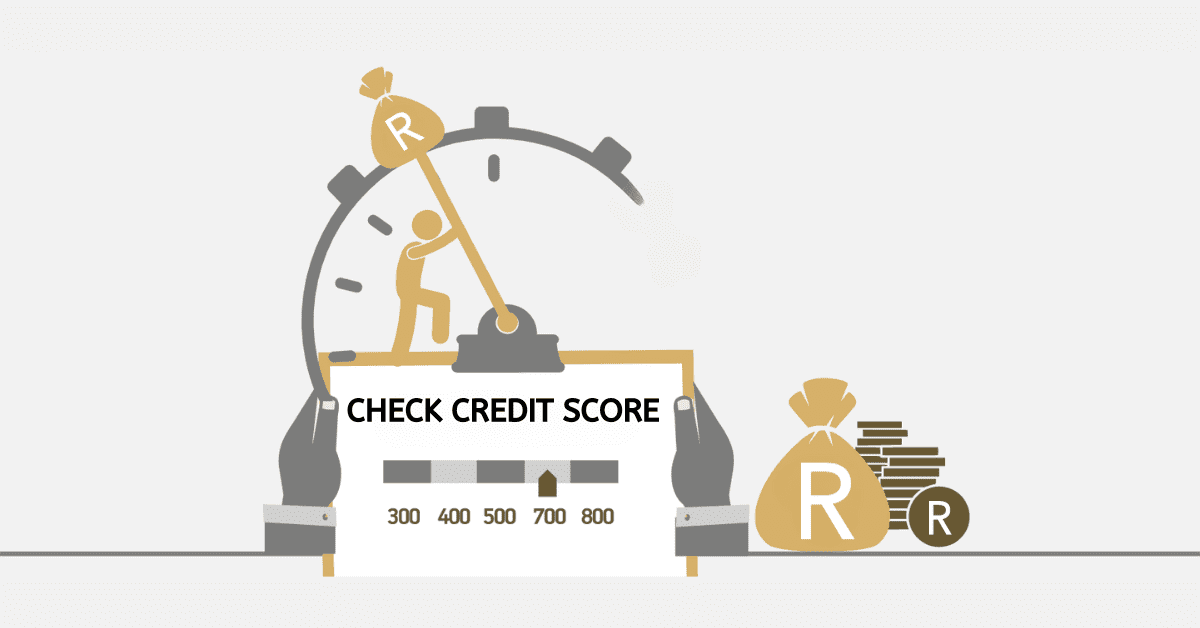There is a general perception that credit scores are something that happens to you, not something you can actively control. In some sense, that is the truth- if you have used credit irresponsibly, you can’t just magic a good score out of thin air! However, accidents happen. While the major South African credit bureaus
How Do I Dispute a Credit Score?
To dispute an error or fraud on your credit report, you will need to get in touch with the credit bureau about the matter. You can either phone their call center or see if there is an online portal to lodge your dispute through.
They will provide you with a form to fill in. Here you will state all the information about the matter. This includes the lender, account number, reason for the dispute, and relevant supporting documents.
You will then submit this to the credit bureau, and they will take the investigation from there. When they reach a decision, you will be informed of the outcome.
If you have noticed fraud or an error on one credit bureau’s report, there is a strong chance it has been repeated with other bureaus. Especially for fraudulent activity carried out in your name. While you wait for your dispute to be resolved, we highly recommend pulling a credit report from each of the other main credit bureaus and checking them for the same issue. You will have to dispute the matter with each bureau separately. There isn’t a central system to do so.
What is the Best Reason to Put When Disputing a Collection?
The only reason you should put when disputing a collection or credit score is the truth. You can alert the credit bureaus to problems with your report, but they aren’t just going to take your word for it. They will then confirm the information you supply with the lender/debt holder (for collections) and other independent third-party sources to verify its accuracy before they remove it. By far your best course of action is to fill in the dispute form accurately and honestly to the best of your abilities so the matter can be quickly attended to.
What Happens When You Dispute a Credit Score?
Once you have sent your dispute to the credit bureau, they will investigate the matter further. This is why attaching all the proof you have, and being as honest as possible, is so critical. They will gather feedback on the matter from all possible sources. They will then decide how to resolve the dispute. Either the item will remain on your report as they deem your dispute incorrect, or it will be removed or adjusted to fit the truth.
This is a process covered by the National Credit Act, so there are strict processes and procedures to follow. You have the right to hear back on the matter- positively or negatively- within 20 working days.
Can You Dispute a Bad Credit Score?
Yes, you can certainly dispute parts of a bad credit score if they are wrong. Not just for being bad, however! Nor can you dispute an entire score. You have to dispute a specific entry on your credit report that you feel is wrong, outdated, or fraudulent. You will have to be able to prove that to the credit bureau’s satisfaction, too. Otherwise, we could all magically ‘fix’ our bad credit scores, and the credit score system would be worthless.
How Long Does a Credit Dispute Take?
Most credit disputes are resolved by the bureau within 20 working days, or roughly 4 weeks. This is laid out in the National Credit Act (NCA). If you haven’t heard back from them by that point (be it an acceptance or a rejection), you can approach the Credit Ombudsman for an independent third-party resolution. If you are unhappy with the outcome of your dispute, the Ombudsman will also mediate and make a final judgment.
Watching for these errors (and fraudulent activity) on your credit report is crucial. Otherwise, you may be blindsided by a mistake when you are actively seeking credit and it will hurt your chances. If lenders do a ‘hard inquiry,’ which happens when they are considering giving you credit, it will temporarily lower your credit score by a few points. Even if you are declined. The last thing you want to happen if it is already low due to an error! So take advantage of your annual free report from each bureau, and consider using one of the many monthly trackers that are now on the market. Some banks even let you monitor your credit score through your app. Stay vigilant, and address mistakes as you find them, to ensure you have the cleanest possible credit score and an honest profile. As you have seen, the dispute process is not complex, so don’t be too intimidated to speak up- your credit score depends on it!
